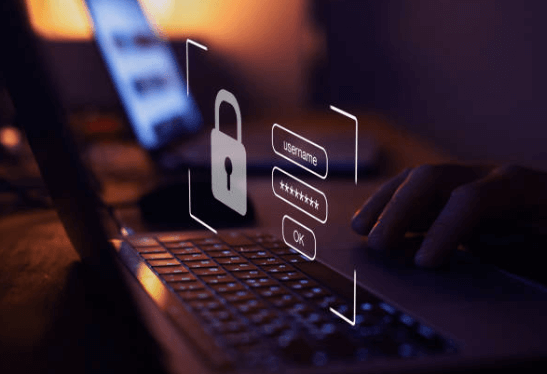Online security is something that is becoming more and more important for startup companies, as well as already established businesses. According to data, there is a 50% chance that you will be faced with a breach of cybersecurity. Not only does it put your business at risk, but it can mean big fines because of the leaks of customer data. Sadly, and as a result of the pandemic with so many businesses based online and with employees working remotely, the threats are there more than ever. Your business needs to be secure, but where do you start? Here are some steps that can help your business to be as safe as possible online.
Managing risk
It is a good idea to assess your risks and make a list of the threats to your business. For example, something that could be a focus for your business could be laptop data, if all of the team work remotely or from home. When you have an idea of where the risks lie, and which are more important than others, then it can help you to have a focus on where you need to manage the risks.
Passwords
It is important to make sure that you aim to use passwords that are secure, in order to keep confidential information safe. Keeping passwords complex, and changing them on a regular basis, can help to avoid a breach. If something is quite easy to guess, or you have used it on other sites or devices, then it is more risky. The best passwords are long, with varied characters. Some devices do allow you to store passwords with a password manager which can help when they are being changed regularly.
Managed Service Provider
Depending on the size of your team, you might not have someone who is skilled and experienced enough in IT and cybersecurity to take on the role full-time. You might not even have the budget for that either. However, by using a managed service provider, you can have them take care of this side of things, and manage any site downtime and potential security breaches. It is a good idea to look up the attributes of a good Managed Service Provider, to make sure that you are choosing a reputable and trusted company. But generally, this is going to save you money, time, and stress, especially if the business is a small one.
Preventing viruses
If your computer is faced with a virus, then it can not only damage your device, but it can encrypt and take important business data that you have on there. These can come when a suspicious file is downloaded, a link is clicked on an email from someone you don’t know, or even from portable USB devices. Training staff to know what to look out for can be a simple thing but solve a lot of potential problems. Having up to date anti-virus software for all of the devices in your business is a must, as well as an active firewall.



